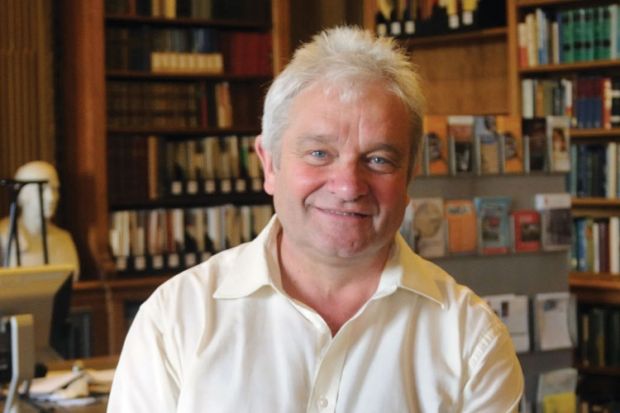Fears about the objectivity of Sir Paul Nurse’s review of the research councils may be eased by the announcement of an advisory board containing a number of prominent sector figures.
The government’s announcement of the review alongside the unveiling of its Science and Innovation strategy last December surprised many observers, as it came just months after the Department for Business, Innovation and Skills’ triennial review of the research councils concluded that no major changes were needed.
Sir Paul’s perceived closeness to Sir Mark Walport, the government’s chief scientific adviser, fuelled speculation about Sir Mark’s supposed ambition to impose his own agenda on the research base, and some research council insiders expressed fears of mergers and budget cuts.
In an interview with Times Higher Education earlier this month, Sir Mark rubbished such suggestions, arguing that Sir Paul, the president of the Royal Society and director and chief executive of the Francis Crick Institute, would be aided by an advisory group with “a broad range of expertise”.
It was announced on 26 February that group members will include Paul Golby, chair of the Engineering and Physical Sciences Research Council, and Sir David Eastwood, vice-chancellor of the University of Birmingham, chair of the Russell Group and a former chief executive of both the Higher Education Funding Council for England and the Arts and Humanities Research Board (now Council).
The other members will be: Dame Janet Finch, former vice-chancellor of Keele University; Muffy Calder, vice-principal of the University of Glasgow; Lord Bhattacharyya, chairman of Warwick Manufacturing Group; Ottoline Leyser, professor of plant development at the University of Cambridge; Molly Stevens, professor of biomedical materials and regenerative medicine at Imperial College London; and Terry Wyatt, professor of particle physics at the University of Manchester.
The review, which will report by “late summer”, will also be informed by a 17-member “reference group”, including international experts such as Sir Peter Gluckman, chief science adviser of New Zealand and University of Manchester Nobel laureate Sir Konstantin Novoselov, as well as nominees from Research Councils UK, Universities UK, Innovate UK, the Russell Group and the University Alliance.
Sir Paul said that his advisers offered “a rich range of expertise and experience”. The review would examine “wider questions” than the triennial review and aimed to ensure that the UK “continues to support world-leading science and invests public money in the best possible way”.





